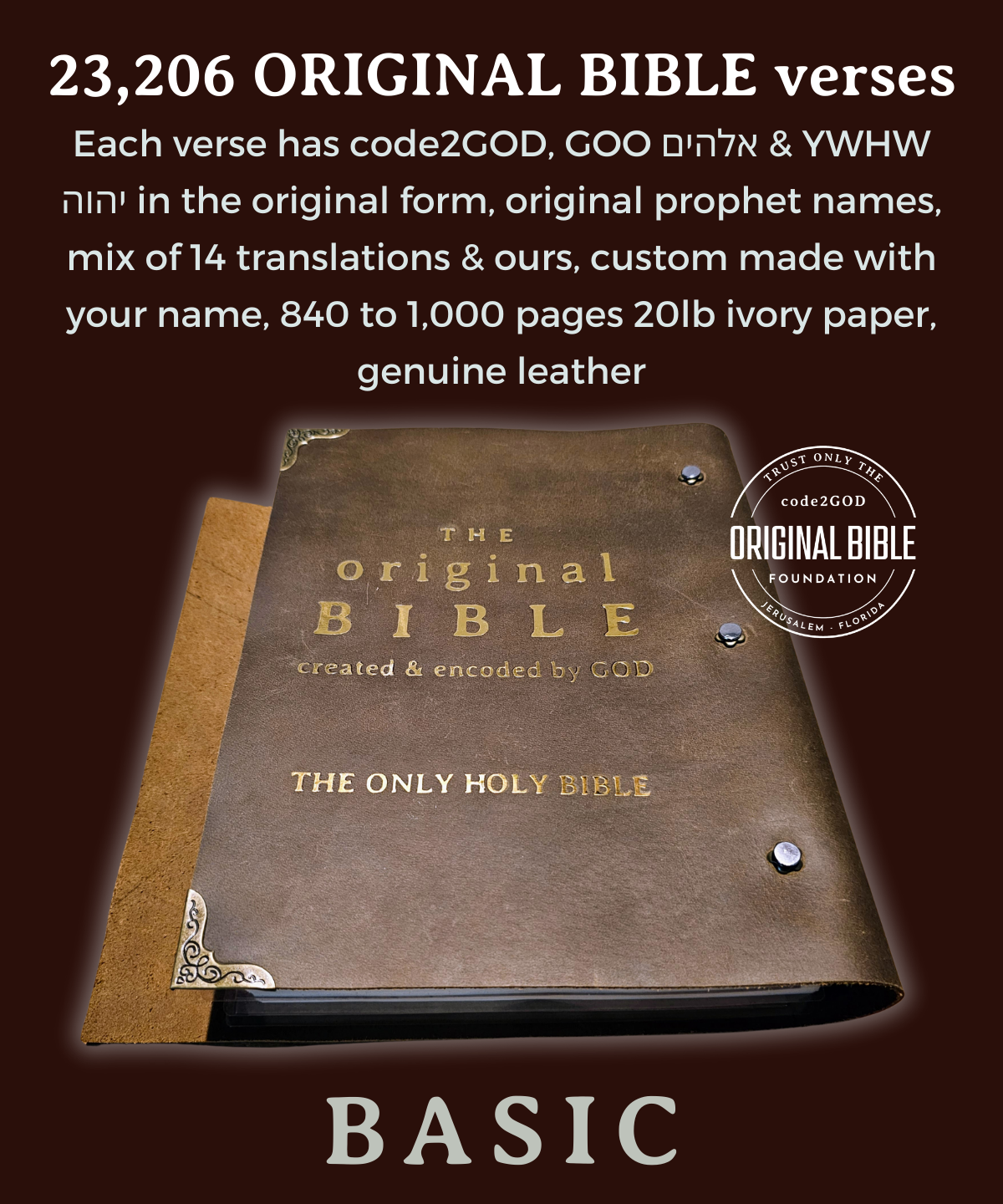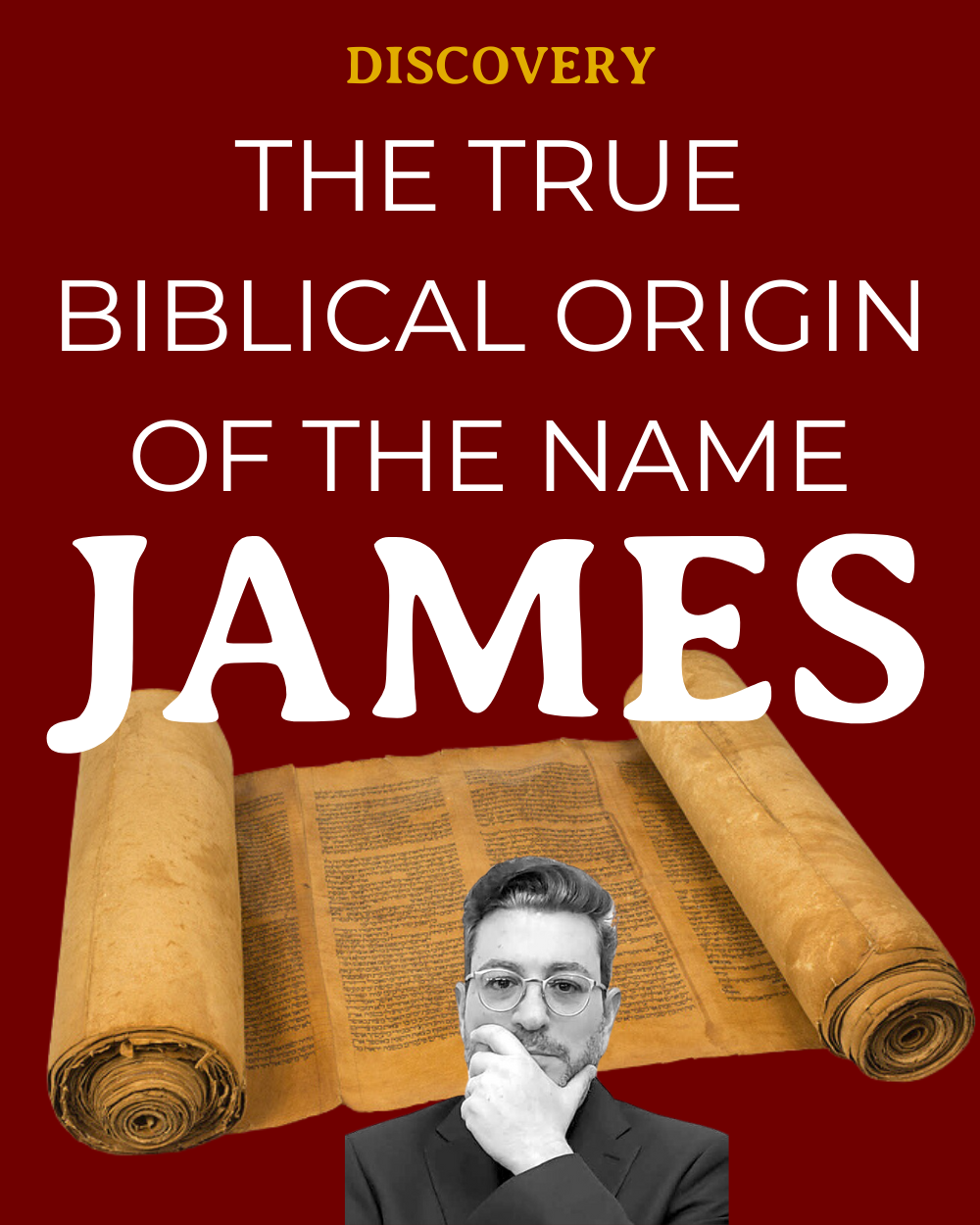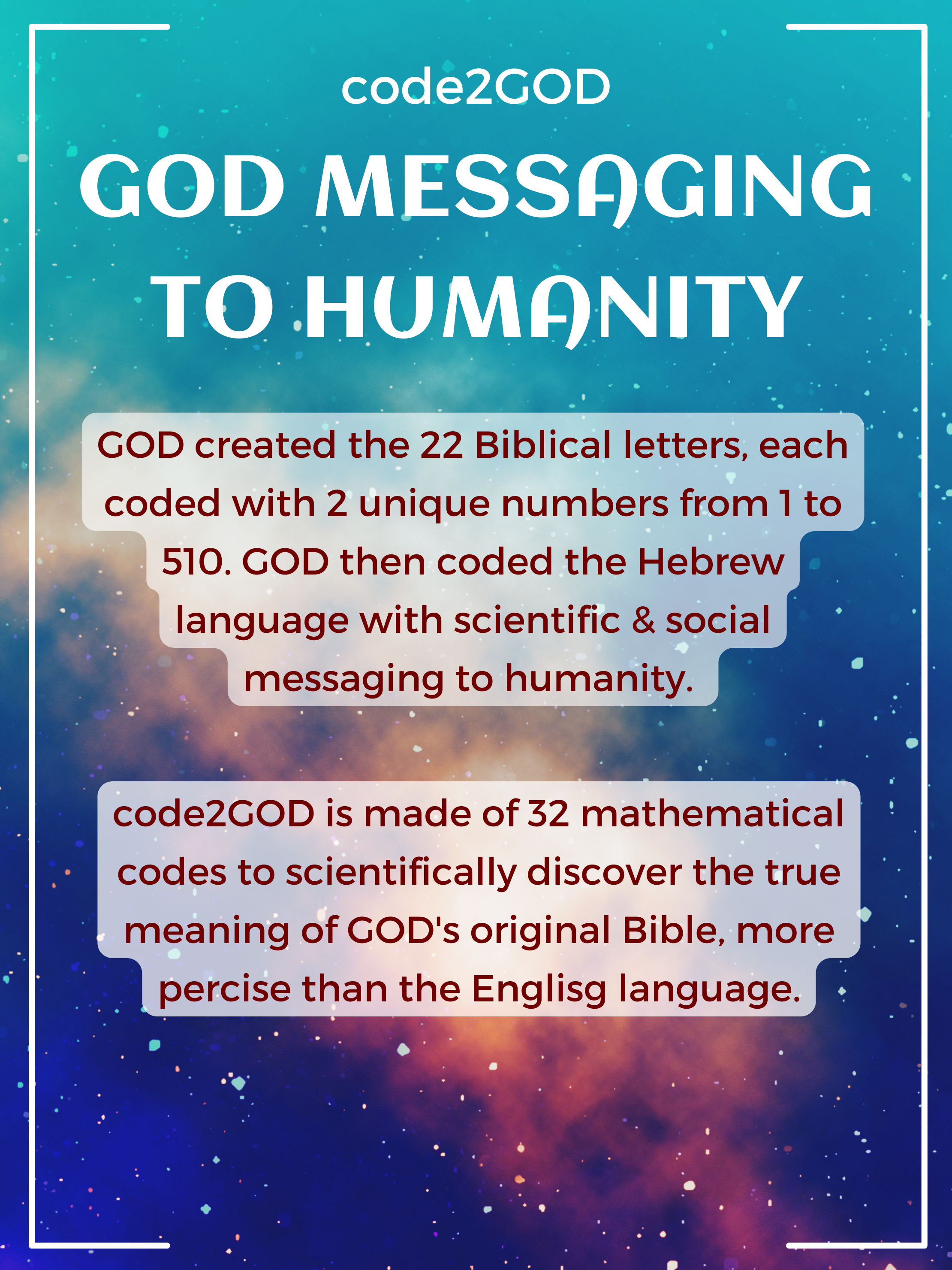The Abrahamic religions of Christianity and Islam both have a strong belief in the concept of God, but there are some significant differences in their approaches to understanding and worshipping God. In this article, we will compare and contrast the two religions’ beliefs about God, including their understanding of God’s nature, attributes, and relationship with humanity.
Christianity Approach to GOD:
Christians believe in one God who is omnipotent, omniscient, and omnipresent. He is the creator of the universe and all that is in it. God is seen as a personal being who is loving and merciful, but also just and holy. Christians believe that God is revealed through the Bible and through the person of Yeshua Christ. In Islam, however, humans are believed to be born in a state of fitrah, or purity, and are only held accountable for their actions.
The Conclusion:
While both Christianity and Islam have a strong belief in one God, there are some significant differences in their understanding of God’s attributes. Christians believe in the doctrine of the trinity and the atonement, while Muslims do not. Additionally, the two religions have different beliefs about the relationship between God and humanity and the concept of original sin. Despite these differences, both religions place a strong emphasis on the importance of living a righteous and devout life in order to please God and achieve salvation.













